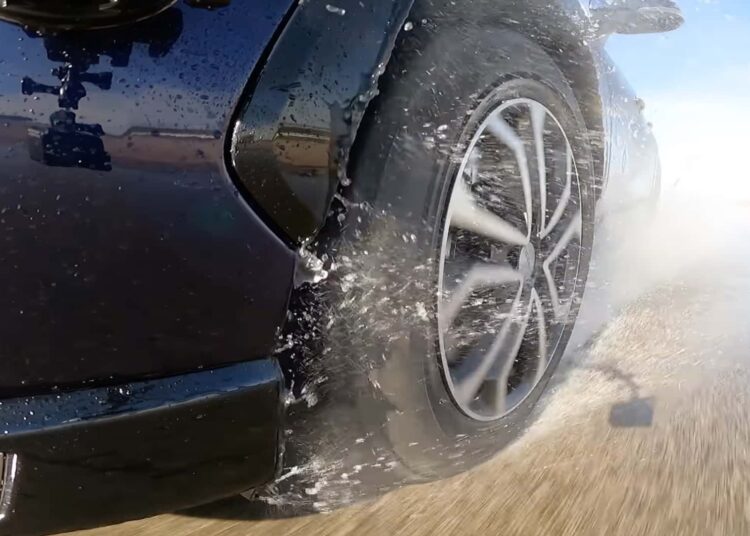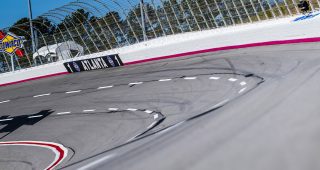If you live in a place where it snows, you should have a set of winter tires for your car. But we understand if you don’t want to go to the tire shop twice a year to get your tires swapped out. That’s what all-weather tires are for. Unlike all-seasons, which don’t have any real snow capabilities, all-weather tires are designed for true four-season performance, with compounds and treads designed to grip snow and ice.
Dozens of manufacturers make all-weather tires, but there a few that stand out among the rest, as the Tyre Reviews YouTube channel discovered. Host Jonathan Benson brought together seven of the most popular all-weather tires, testing them on dry pavement, wet conditions, snow, and ice to see which would come out on top.
Virtually every big-name tire manufacturer is in attendance here, from Bridgestone, to Michelin, to Pirelli. There are also a few tires representing smaller brands, like Toyo and Nokian. Despite a wide price range, none of these tires are from “discount” brands, so they all perform fairly well. You won’t find any unsafe rubber in this group. But some performed better in certain tests than others.
The Goodyear Assurance WeatherReady 2, for example, was the best-performing tire in the wet. But the Michelin CrossClimate 2 did best in the dry braking test. And the Nokian Remedy WRG5 felt the most even and predictable on snow, according to Benson. Not terribly surprising, considering Nokian is best known for its winter products.
Overall, though, it’s the Michelin that takes top honors. The CrossClimate 2, despite its age, showed excellent characteristics in the wet, in the dry, and in the snow. It even performed well in the pure ice section. Beyond that, it had the lowest rolling resistance of any tire in the test, making it the best choice for electric cars.
The Michelin should perform the best, of course, because it’s also the most expensive tire out of the seven tested. Quality comes at a price, after all.
Read the full article here



























Discussion about this post